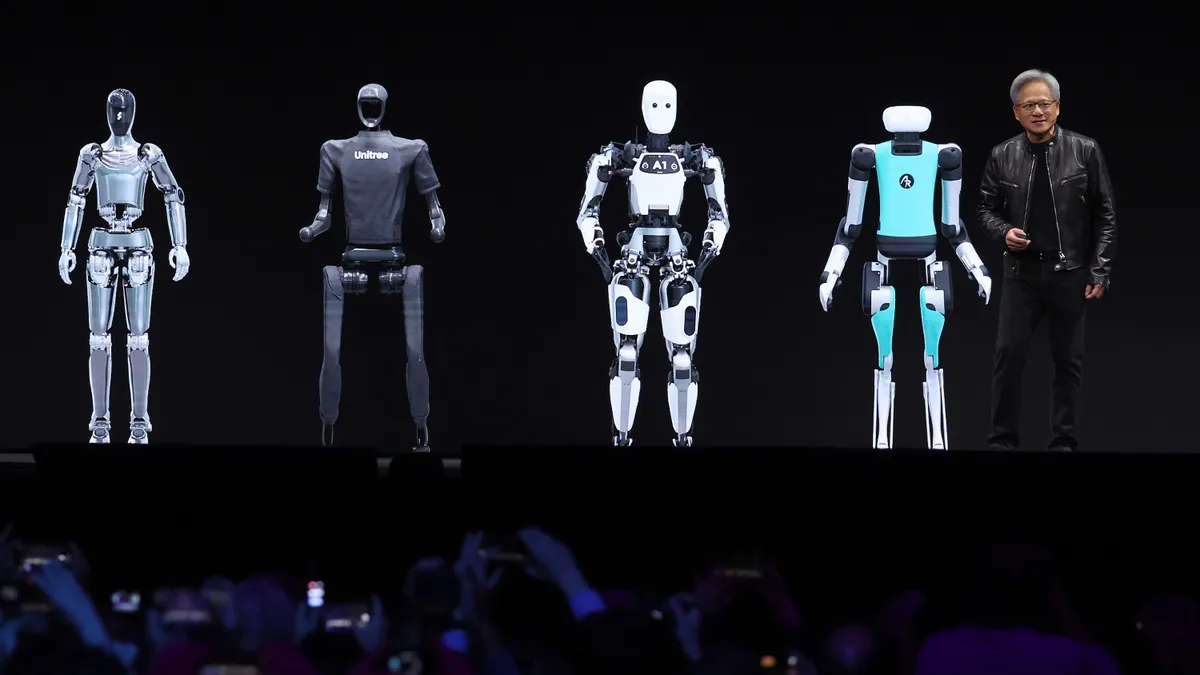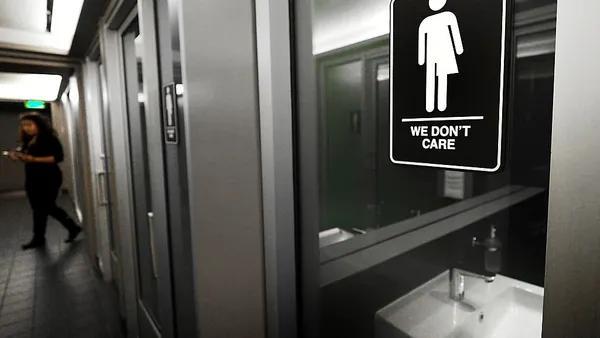Dive Brief:
- The ability to work a rotating shift can be an essential function as defined by the Americans with Disabilities Act (ADA), the 1st U.S. Circuit Court of Appeals has ruled (Sepulveda-Vargas v. Caribbean Restaurants Inc., No. 16-2451 (1st Cir. April 30, 2018)).
- The court reached that conclusion in a case involving a a Burger King franchisee in Puerto Rico, Caribbean Restaurants, LLC. While making a bank deposit in 2011, Victor Sepulveda-Vargas, a former assistant manager for the chain, was robbed at gunpoint and his car was stolen, causing post-traumatic stress disorder and depression. Sepulveda asked for a fixed work schedule instead of the rotating schedule typical for managers and that the company move him to an area with less crime. The request was initially granted, but Sepulveda later had to go back to rotating shifts. He resigned and sued, alleging ADA violations. A trial court dismissed his claims and he appealed.
- The appeals court upheld the lower court's ruling and held that the ability to work a rotating shift was an essential function of Sepulveda's job. The court reached that conclusion because, among other things, the job application that Sepulveda signed and the newspaper ad for his job made it clear that managerial employees had to be able to work different shifts at different restaurants. "Today's opinion is a lesson straight out of the school of hard knocks," the court wrote; "No matter how sympathetic the plaintiff or how harrowing his plights, the law is the law and sometimes it's just not on his side."
Dive Insight:
Employers generally need not remove essential functions as an ADA accommodation. They do, however, sometimes have to remove marginal functions to accommodate a worker with a disability.
Employers' judgment as to which functions are essential, and a written job description prepared before advertising or interviewing for a job will be considered as evidence of essential functions, according to the U.S. Equal Employment Opportunity Commission document, The ADA: Your Responsibilities as an Employer.
Other kinds of evidence that EEOC will consider include: the actual work experience of present or past employees in the job; the time spent performing a function; the consequences of not requiring that an employee perform a function, and the terms of a collective bargaining agreement, according to the commission.
Employer policies can be relevant, too, but as the 6th Circuit recently ruled in a suit involving a request to telecommute, it's important that they be enforced — and enforced consistently.













